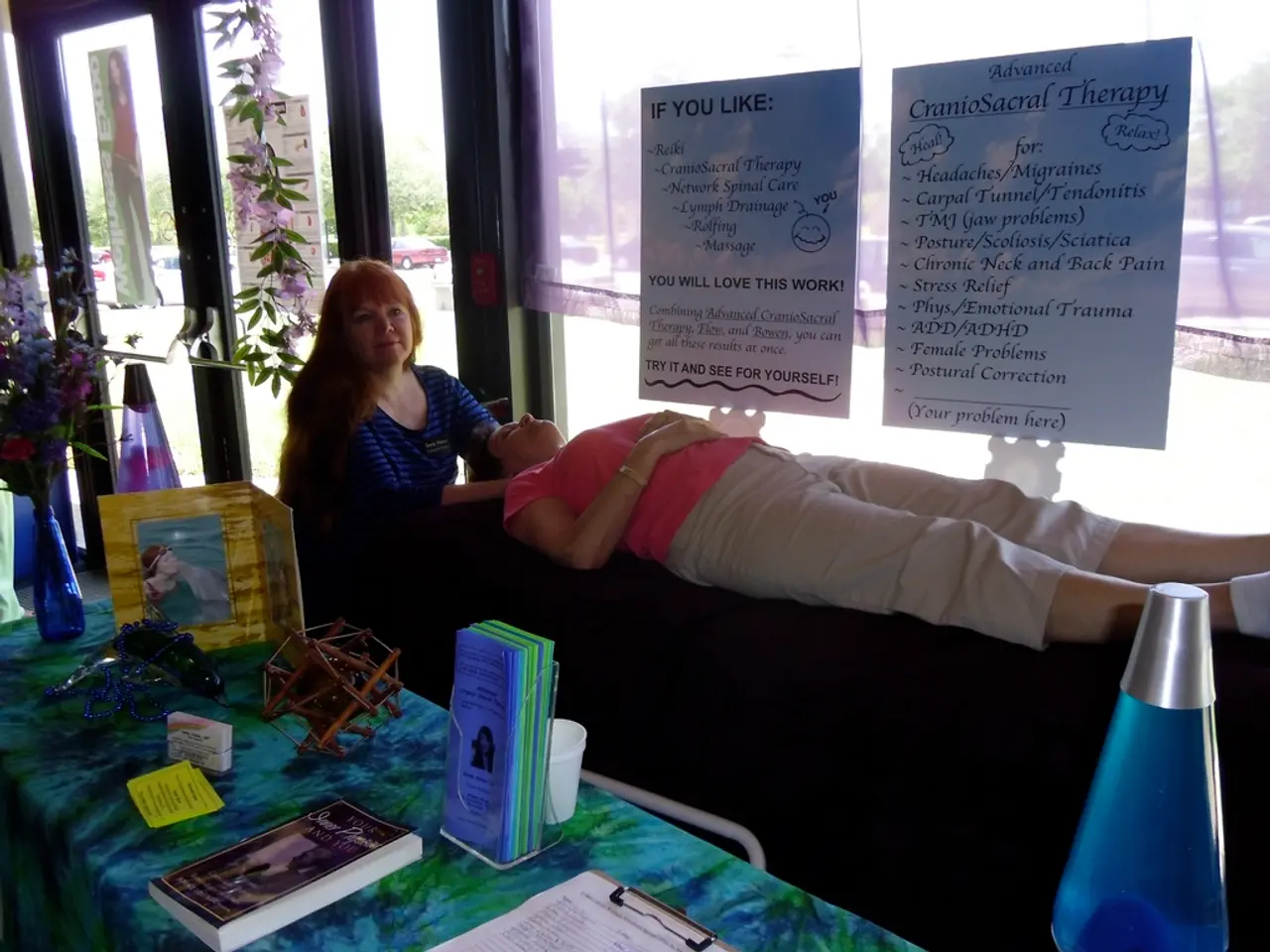Majority of Russians opt for psychologists over neuroscientists
In a world where mental health awareness is increasingly becoming a significant concern, Russia is no exception. According to the World Health Organization (WHO), over 1 billion people worldwide suffer from mental disorders like anxiety and depression, and Russia is not immune to this global epidemic.
A recent survey reveals that Russians most often seek a therapist to manage anxiety, stress, and depression. Other common reasons include self-esteem issues, procrastination, and lack of motivation. Interestingly, every second respondent admitted they delay seeking help for mental difficulties.
One of the primary reasons for this delay is fear. Thirty-four percent of Russians fear opening up to a stranger, which could be a barrier to seeking help from a therapist. The high cost is another deterrent, with 39% of Russians citing it as a reason for delaying help.
However, when Russians do seek help, they value certain aspects. Seventy-nine percent of Russians value recommendations from acquaintances when choosing a therapist. Eighty-eight percent consider diplomas and certificates important, while 93% prioritize a therapist's experience.
The preference for in-person meetings is evident, with 52% of Russians feeling more comfortable and safe in face-to-face sessions. Seventy-eight percent of Russians value the live presence and deeper connection in in-person meetings with a therapist, despite 67% preferring online therapy as a format.
Despite the growing awareness and demand for mental health services, the WHO reports that only 16% of Russians visit a therapist regularly. Furthermore, only 9% of those with depression receive quality treatment, and 71% of people with psychosis receive no help at all, according to the WHO.
The consequences of untreated mental disorders are far-reaching. Mental disorders are the second leading cause of disability worldwide, according to the WHO, resulting in the loss of 12 billion workdays annually and costing the global economy $1 trillion.
Interestingly, physical activity and religious practices are alternatives that 72% and 74% of Russians, respectively, consider as alternatives to seeing a therapist.
Despite the challenges, it's essential to remember that most people start therapy hoping for "life advice" from the therapist. Unfortunately, 77% of Russians stop going to therapy because they find the sessions useless. This underscores the need for effective, accessible, and affordable mental health services in Russia.
In conclusion, mental health awareness is a pressing issue in Russia, with many seeking help for various reasons. While there are barriers to accessing mental health services, the demand for help continues to grow. It's crucial for society, healthcare providers, and policymakers to address these challenges and work towards providing accessible, affordable, and effective mental health services to those who need them.
Read also:
- Identifying Uncommon UBE3A Mutations Demands Advanced Gene Analysis
- DHS ordered to enhance facilities for migrant detention centers in New York City, as stipulated by a court ruling.
- Pregnancy-Related Deep Vein Thrombosis
- Person Insists on Spider Eggs Inhabiting his Big Toe, while Specialists Remain Unconvinced





